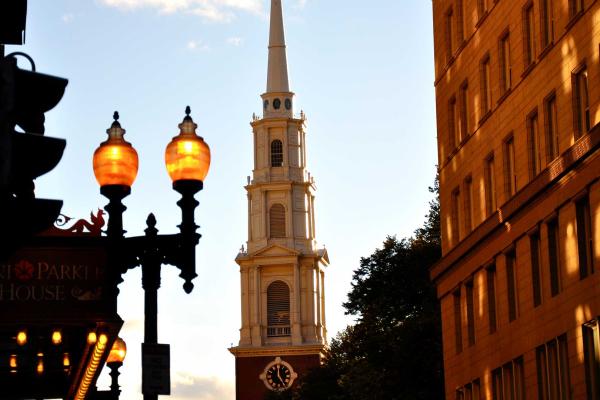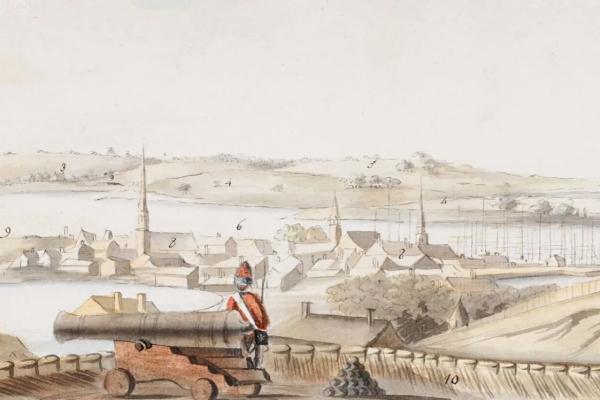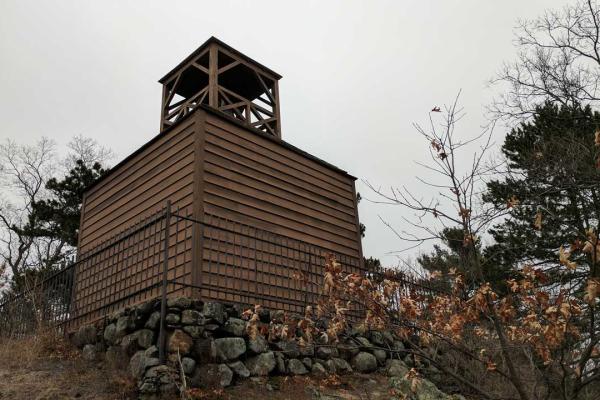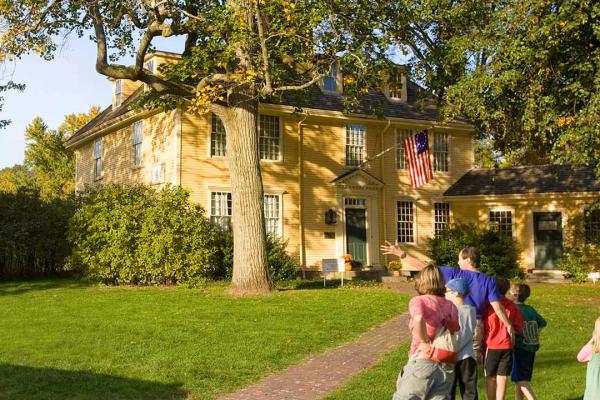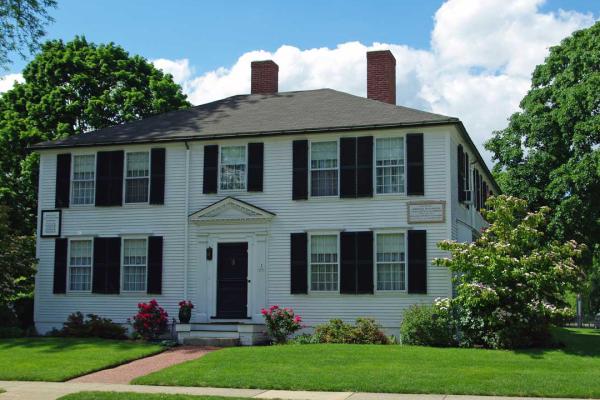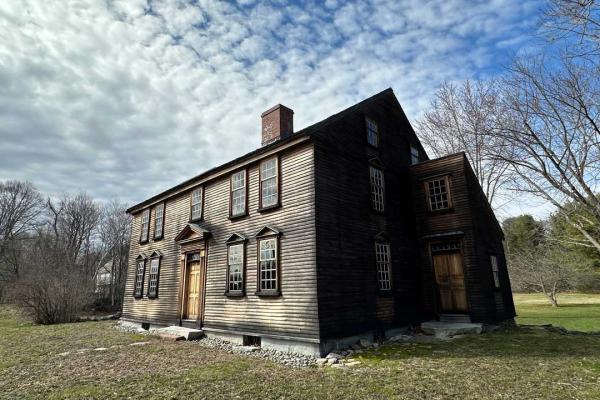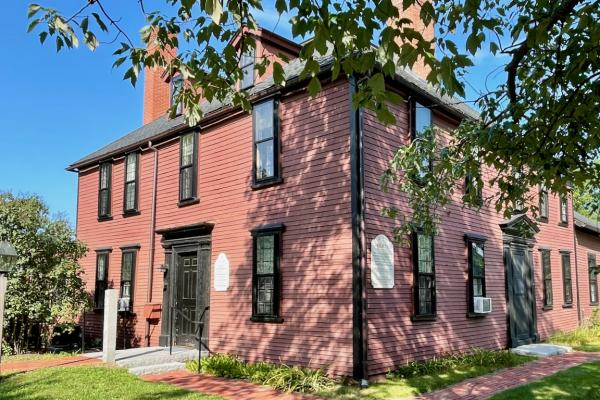The Cradle of Liberty
Faneuil Hall, known as “The Cradle of Liberty,” is a historic marketplace and meeting hall in downtown Boston. Gifted to the city by wealthy merchant Peter Faneuil in 1742, the hall quickly became the epicenter of Boston’s town meetings. Despite initial skepticism, it was accepted by a narrow vote and soon hosted pivotal debates and discussions about American liberty. After being gutted by fire in 1761, it reopened in 1763 and witnessed key moments leading up to the American Revolution. Patriots like James Otis and Samuel Adams delivered impassioned speeches here, and the hall became a focal point for protests against British taxation. George Washington toasted the nation’s first birthday at Faneuil Hall, and Daniel Webster eulogized Thomas Jefferson and John Adams here in 1826.
Post-Revolution, Faneuil Hall remained central to Boston’s civic life. It hosted President George Washington during his 1789 New England tour and was expanded in 1806. The hall continued to be a venue for significant debates and speeches throughout the 19th and 20th centuries. Abolitionists like Frederick Douglass and anti-abolitionists like future Confederate President Jefferson Davis spoke here, reflecting the hall’s role in the nation’s evolving discourse on liberty and justice. Today, Faneuil Hall is a key stop on Boston’s Freedom Trail, drawing millions of visitors annually. The top floor houses a military museum and armory of the Ancient and Honorable Artillery Company of Massachusetts, and the iconic grasshopper weathervane remains a symbol of the city. Faneuil Hall endures as a testament to self-government and free speech, embodying the spirit of American liberty.
What's Nearby
Explore more of The Liberty Trail by visiting these nearby attractions.
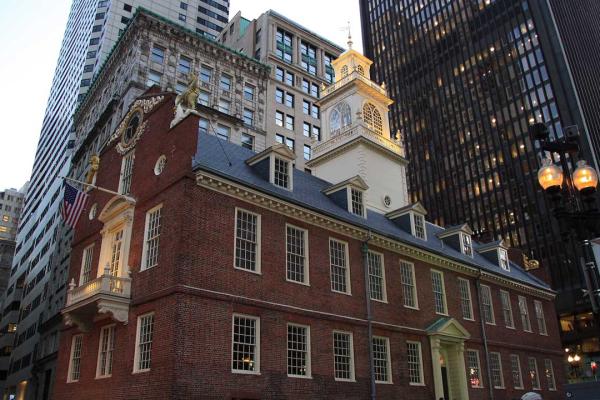
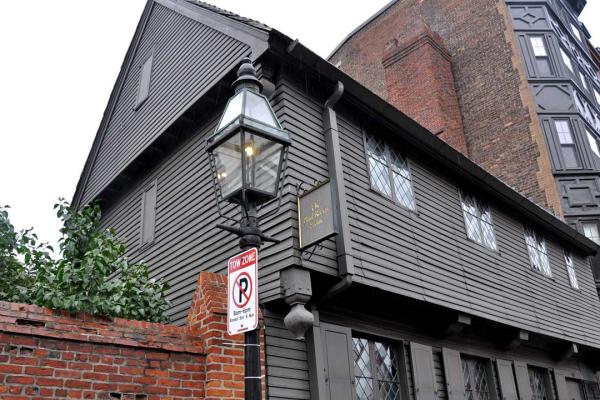
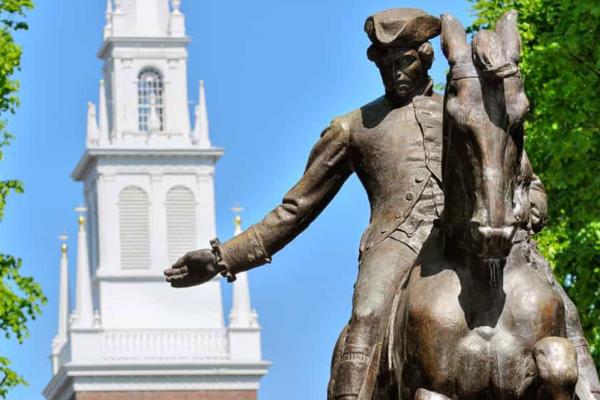
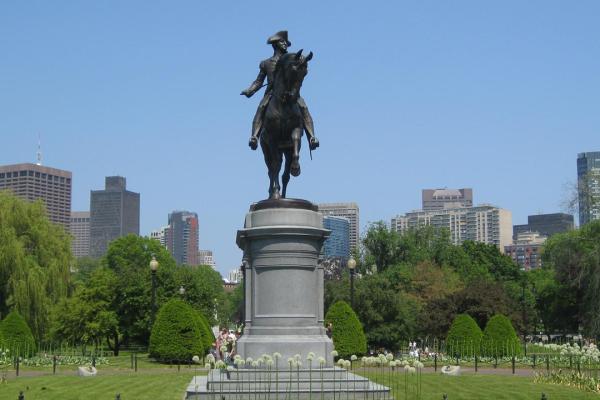
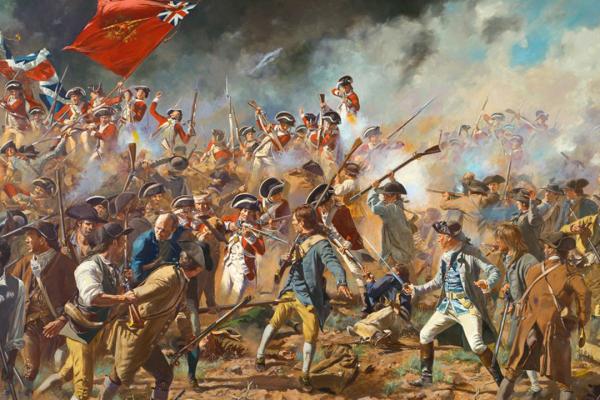


Boston, MA 02127

Roxbury, MA 02119

Cambridge, MA 02138

Watertown, MA 02472
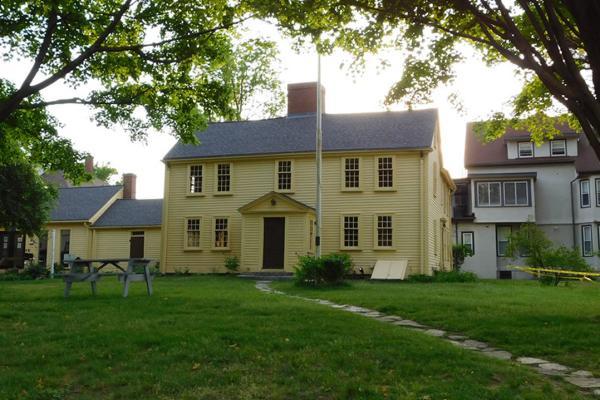
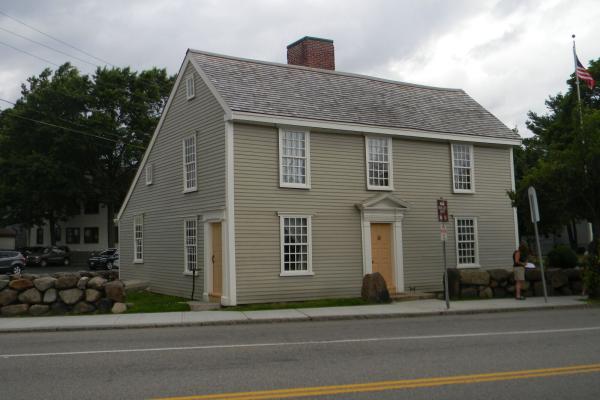
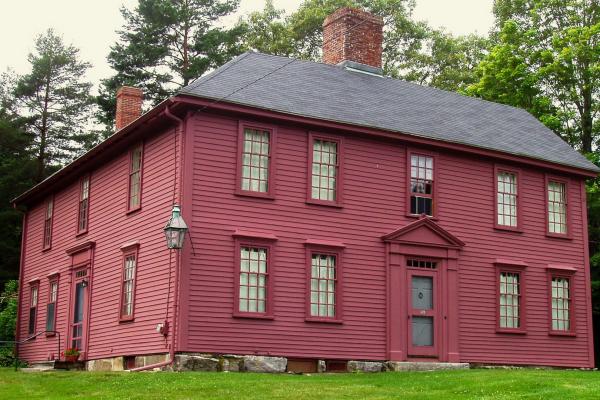

Waltham, MA 02453
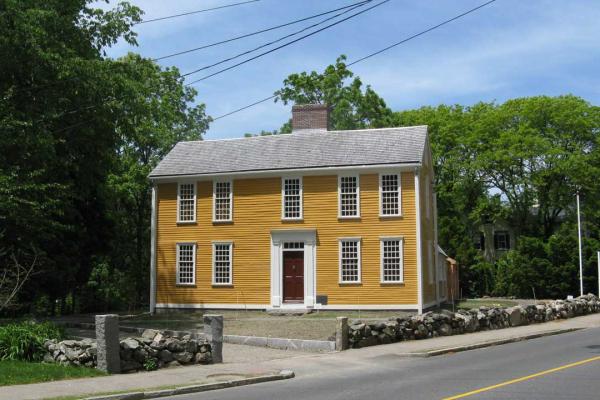

Weston, MA 02493
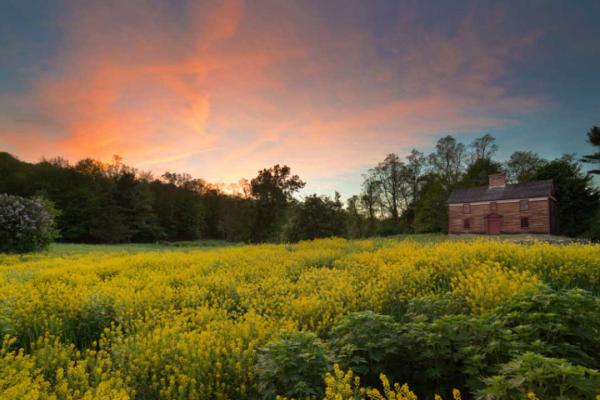
Lincoln, MA 01773
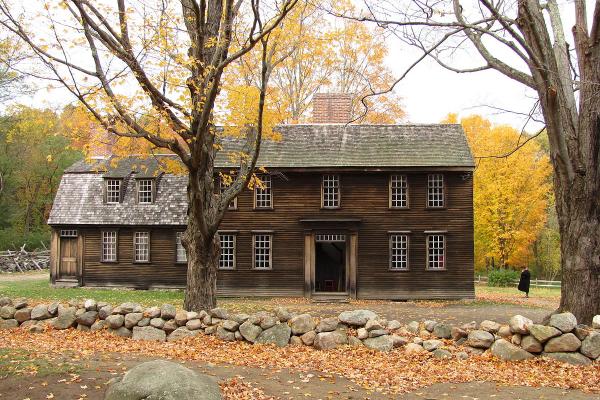

Brookfield, MA 01506
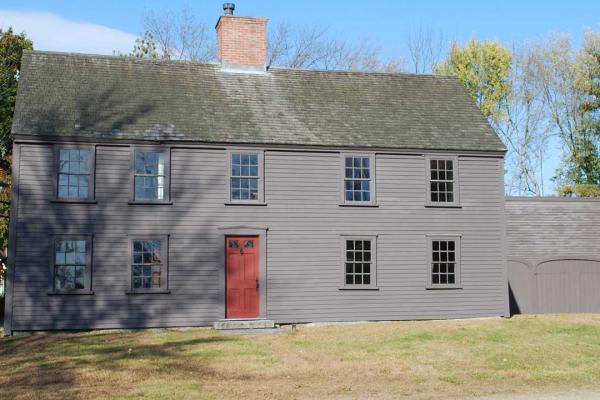

Wayland, MA 01778
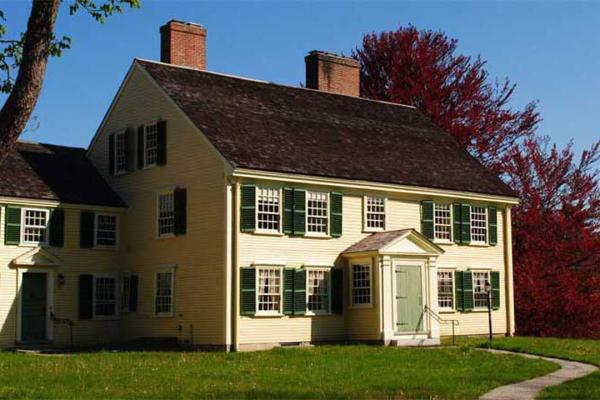
Concord, MA 01742
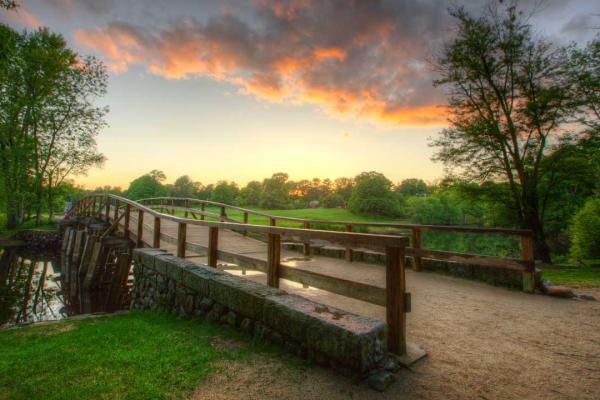
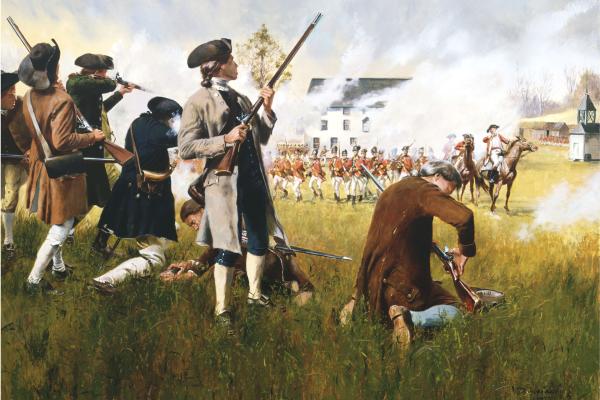

Way, MA 01778

Framingham, MA 01702


